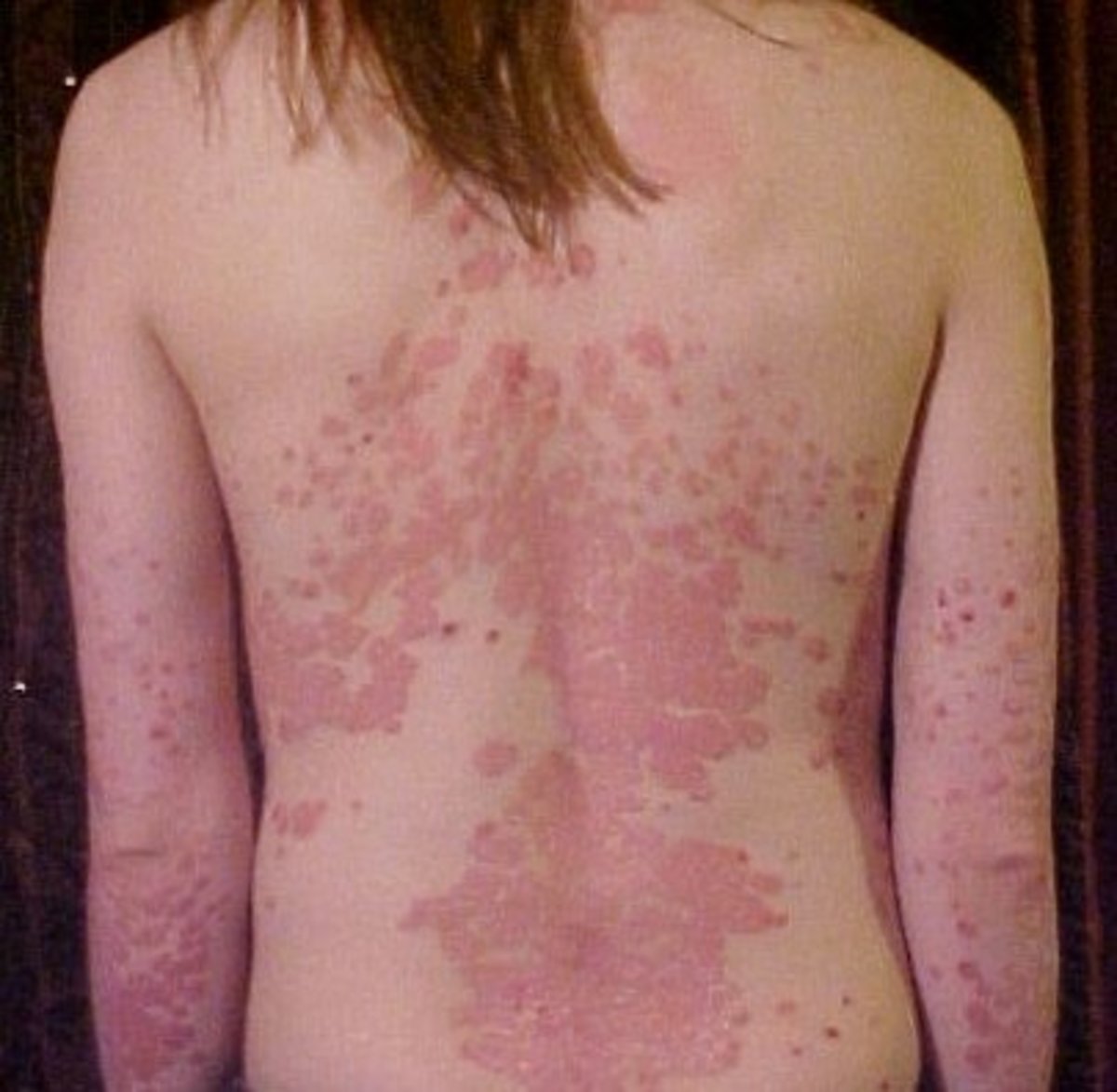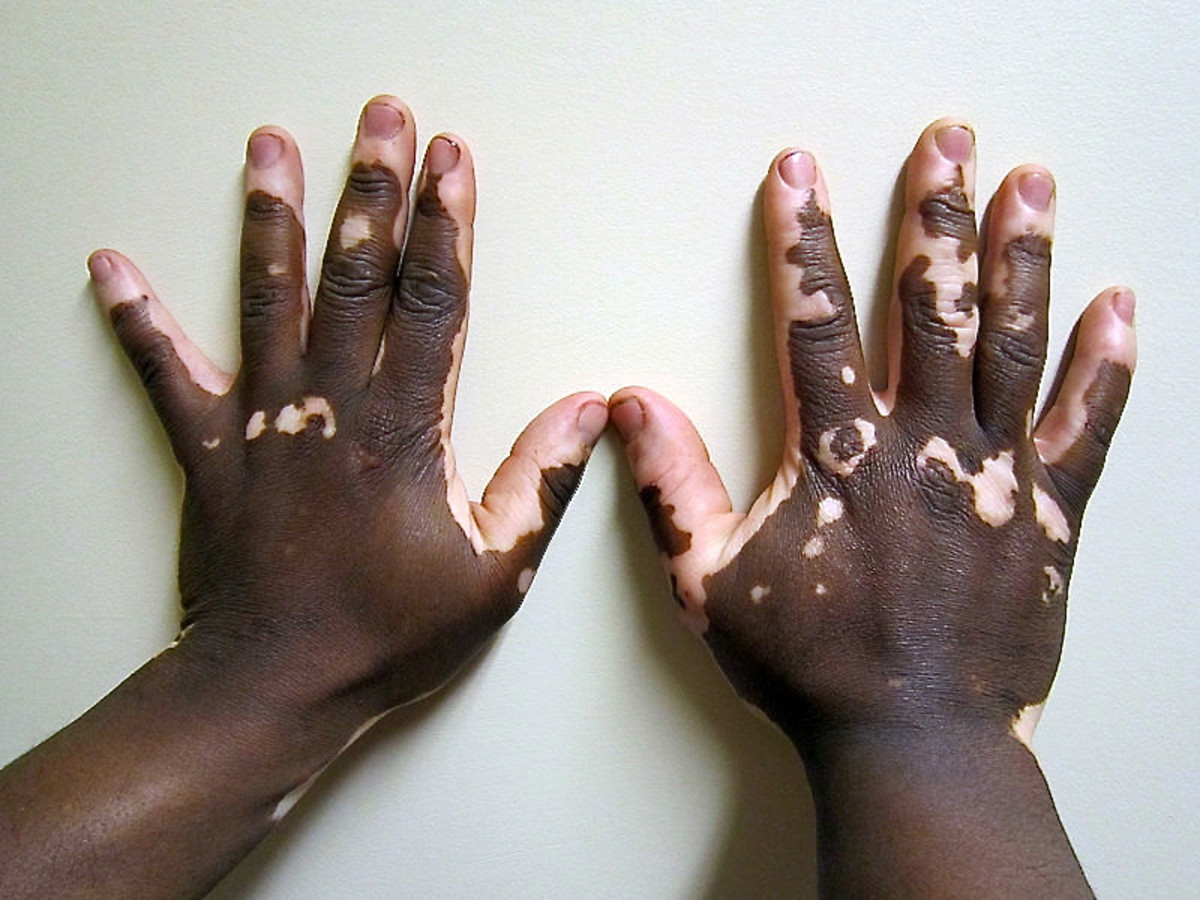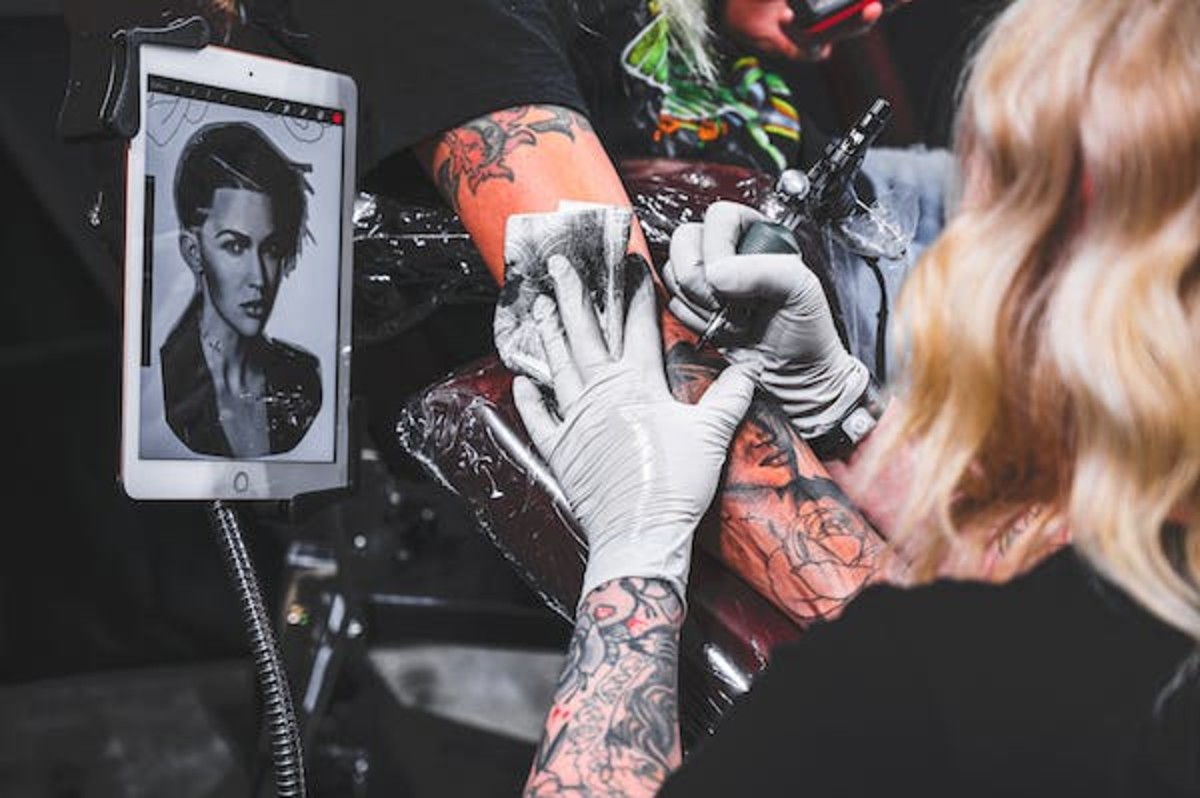Vitiligo Tattoo
Vitiligo Tattoos—A New Way to Cover Your Vitiligo
Vitiligo tattooing is a newer treatment option for vitiligo patients. Tattooing is an option to help cover areas of your skin affected by vitiligo. Many find it to be a very appealing option. Actually we are talking about two different ideas. First of all, you can choose to have a regular, colorful (if you wish), tattoo applied over the area involved. The other option is to have micro-pigmentation performed. This means that tattoo ink approximately the color of your skin is placed into the entire vitiligo area to essentially recolor that area.
The Vitiligo Cure -- Taking Control of Your Vitiligo
- The Vitiligo Cure
Discover the most up to date vitiligo cure information today.
There are a few things to consider. There is disagreement on whether tattooing will bother the de-pigmented vitiligo skin. Some people worry about making the vitiligo spread because of damaging the skin with tattoo needles as the tattoo is placed. You will likely know if you are prone to developing vitiligo around scratches and scars. It would be much like the person who develops keloid scarring who decides against getting a tattoo. If, like many, you don’t develop vitiligo from trauma to your skin, it is not likely that tattooing will create more vitiligo. Tattooing the de-pigmented skin will not hurt it.
Understanding Vitiligo
Some people feel that the tattoo will fade faster in the de-pigmented areas, but others claim that the vitiligo won’t bother the pigment that is put into your skin. Since tattoo ink is different from your natural pigment, it does not seem that your body will “attack” the tattoo ink like it has attacked your pigment bearing skin cells. Tattoos do fade over time, but very slowly. You might feel like the tattoo looks somewhat different on the pure white skin compared to the part on your regular skin tone, but it really isn’t. Talk with your tattoo artist and see what he or she can do to lessen this effect. Also remember that your natural skin may tan slightly in sun, but the vitiligo may stay pure white so this might affect how you feel your tattoo looks.
It is possible that over time you will want to have more tattoos or enlarge a tattoo because more skin has become involved over time with vitiligo. This would be entirely your choice, not a requirement.
Vitiligo Tattoo
Micro-pigmentation
When you choose micro-pigmentation, you could find it difficult to match tattoo color to skin color. Tattoo inks don’t usually look the same color in the bottle as they will on your skin. You could test a few colors in less conspicuous areas. When in doubt, you might want to aim slightly darker than your natural skin tone since tattoos will fade some over time. You may feel that no matter what the end color is it will be much less noticeable than pure white, and you would probably be correct. Look on the internet for before and after pictures. Micro-pigmentation tends to work best for darker skin tones. Another issue could be if you do tan somewhat, the color of your skin will vary while the color of the tattoo won’t.
Micro-pigmentation
Some people feel they notice a line of pigment around the edge of the previously de-pigmented area after a micro-pigmentation tattoo. It is difficult to know if this has anything to do with the quality of work. It could just be something that would have happened no matter how good your tattoo artist was. If it does occur, you can decide if it warrants more tattoo work or whether it really isn’t that bad. Once again, sometimes any color is better than pure white.
Micro-pigmentation tends to be used more often on the face, in small areas. It certainly is an option if make-up really is not working for you. You could consider some version of make-up tattoo if the area is appropriate. Micro-pigmentation should really only be used on areas of vitiligo that have been stable for some time. If you have de-pigmentation in your mouth micro-pigmentation can help restore color.
Vitiligo-diet
- Vitiligo-diet
Exchanging your current diet for a vitiligo diet can help slow down the effects of leukoderma.
Tattooing gives fairly instant results, especially compared to other treatments for vitiligo. Any tattooing that you would choose to do should probably be considered absolutely permanent. Any efforts to remove a tattoo could make vitiligo worse.
People with infections such as HIV or herpes simplex would not be appropriate candidates for tattoos. The tattooing process can set them up for problems with the HIV or herpes simplex such as the herpes spreading to new areas. Skin diseases such as psoriasis may not work well with tattooing. People with various types of skin allergies may also find that tattooing does not agree with their skin.
It will be your choice if you wish to have any tattoos to help with hiding your vitiligo. Always find experienced people to do the tattooing. It is a once in a lifetime chance, and re-doing something is probably not an option. Talk carefully with your tattoo artist to be sure you and they understand your goals.








